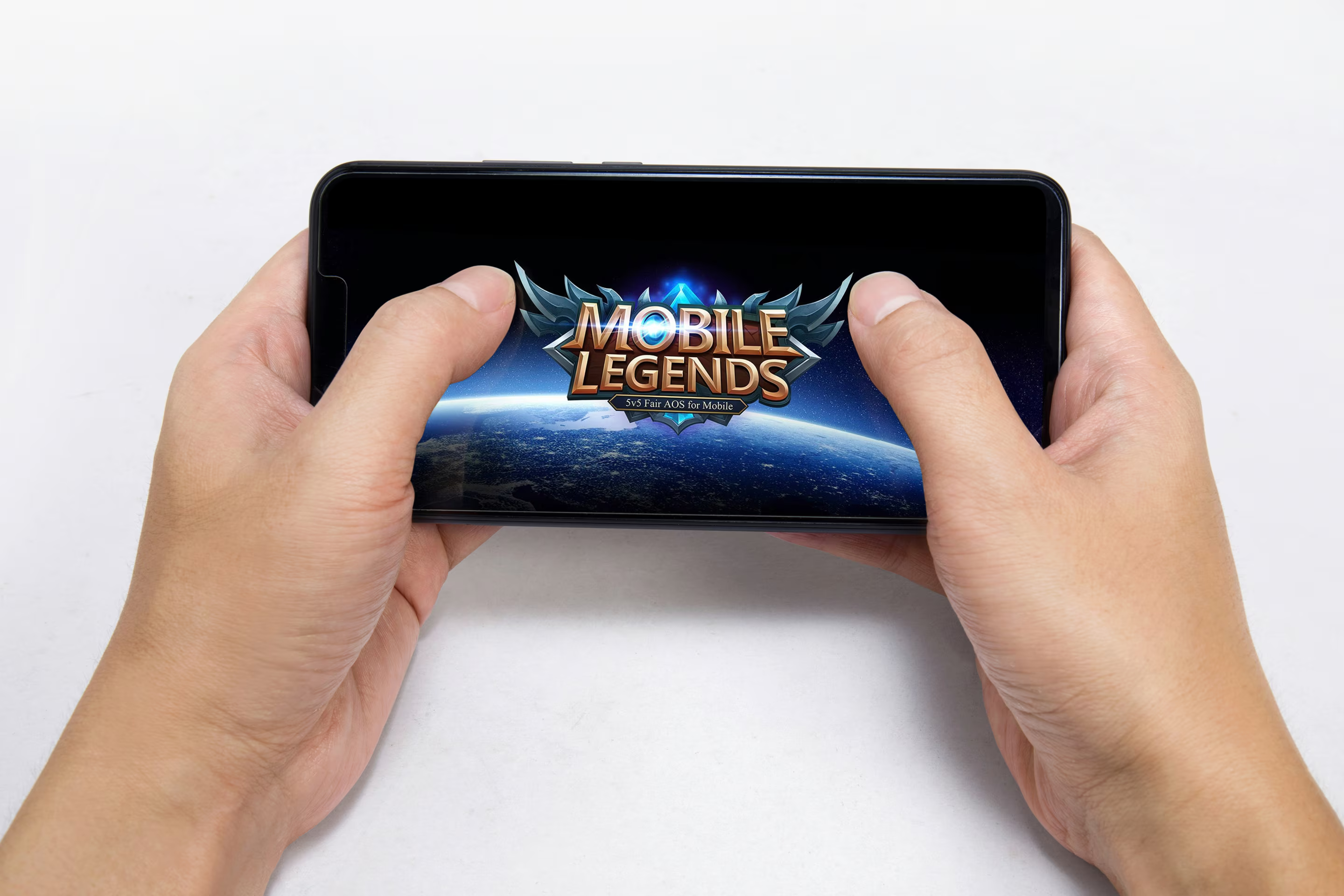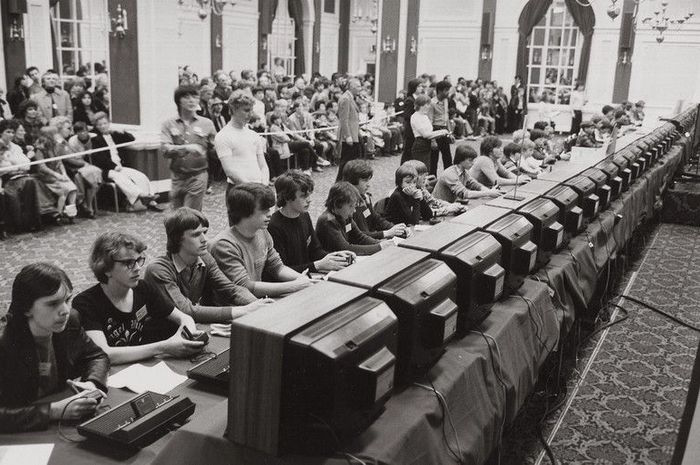In today’s rapidly evolving world, modern education stands at the forefront of technological advancements. The integration of technology into educational frameworks has revolutionized teaching methodologies and learning experiences. Modern education skills technology (MEST) represents a symbiotic relationship between education and technology, fostering innovation, critical thinking, and adaptability among learners. This article explores the significance of MEST and its implications for shaping the future of education.
Empowering Learners
Modern education aims to equip learners with skills that transcend traditional academic knowledge. MEST empowers students to become digital natives, adept at navigating the complexities of the digital landscape. From basic computer literacy to advanced programming, MEST cultivates a diverse skill set essential for success in the 21st century.
Personalized Learning
Technology enables personalized learning experiences tailored to individual needs and learning styles. Adaptive learning platforms, AI-driven tutoring systems, and interactive multimedia resources cater to diverse learners, fostering engagement and comprehension. MEST facilitates self-directed learning, allowing students to explore topics at their own pace and delve into areas of interest beyond the confines of the classroom.
Enhanced Collaboration
Collaborative learning lies at the heart of modern education, facilitated by technology-driven platforms and tools. Virtual classrooms, online forums, and collaborative software enable seamless communication and knowledge sharing among students and educators, transcending geographical boundaries. MEST promotes collaborative problem-solving, teamwork, and communication skills vital for success in an interconnected world.
Critical Thinking and Innovation
MEST cultivates critical thinking and problem-solving skills essential for navigating complex challenges in the digital age. By leveraging technology, students analyze information critically, evaluate diverse perspectives, and develop innovative solutions to real-world problems. From coding and robotics to data analysis and design thinking, MEST fosters a culture of creativity and innovation, empowering learners to thrive in an ever-changing landscape.
Preparing for the Future
In an era characterized by rapid technological advancement and automation, MEST prepares students for the jobs of tomorrow. The demand for skilled professionals in STEM (Science, Technology, Engineering, and Mathematics) fields continues to rise, underscoring the importance of integrating technology into educational curricula. MEST equips students with the technical expertise, adaptability, and resilience needed to succeed in dynamic and evolving industries.
Challenges and Considerations
Despite its transformative potential, integrating technology into education poses certain challenges. Access to technology, digital literacy, cybersecurity concerns, and the digital divide remain persistent issues that demand attention. Additionally, the rapid pace of technological innovation necessitates continuous professional development for educators to stay abreast of emerging trends and best practices in MEST implementation.

Conclusion
Modern education skills technology represents a paradigm shift in the way we approach teaching and learning. By harnessing the power of technology, educators can create immersive, interactive, and personalized learning experiences that prepare students for the challenges and opportunities of the digital age. As we navigate the complexities of the 21st century, MEST serves as a catalyst for innovation, empowerment, and lifelong learning, shaping the future of education in an increasingly interconnected world.



